TEDA’s 40th Anniversary——A Story of Breakthroughs and Regional Growth in Four Decades

Since the establishment of the Tianjin Economic-Technological Development Area (TEDA) in 1984, it has been at the forefront of reform and innovation for nearly 40 years. The people of TEDA, guided by the spirit of “pioneering, pragmatism, and hardworking” passed down through generations, have worked together with enterprises to find solutions to transform saline-alkali wastelands into fertile fields.


The establishment of the TEDA shared the same initial purpose as the other 13 first batch national-level development zones, all of which undertook the historical mission of accelerating China’s modernization and economic revitalization. They also faced the development challenge of passively accepting external industrial transfers. What set TEDA apart from other development zones was its unconventional approach during the early stages of entrepreneurship, summarized later as the three principles of “not giving, not managing, and not asking”. The Tianjin Municipal People’s Government transferred no financial fund to TEDA while granted TEDA enough autonomy and allowed TEDA to use all its generated revenue for its own regional development. This encouraged TEDA to boldly explore an investment environment suitable for foreign investors, becoming one of the early national-level development zones to establish its own brand.

Under TEDA’s unique “rolling development” model, TEDA in its early entrepreneurial stages established secure conditions for production and operation, including guaranteed water and electricity supply, convenient transportation, and smooth communication. The first company, Jiatai Ceramics, the first joint venture, Sino-Danish Bicycle Factory, the first food enterprise, Tianjin Tingyi International Food Co., Ltd., and then more than 20 labor-intensive enterprises, all set up operations in TEDA. In 1986, Comrade Deng Xiaoping inspected Tianjin and encouraged and affirmed the pioneering efforts of TEDA, personally inscribing the words “Development Zones are of Great Promise.” Subsequently, development zones nationwide requested copies of the inscription, marking TEDA’s first national-level brand promotion.


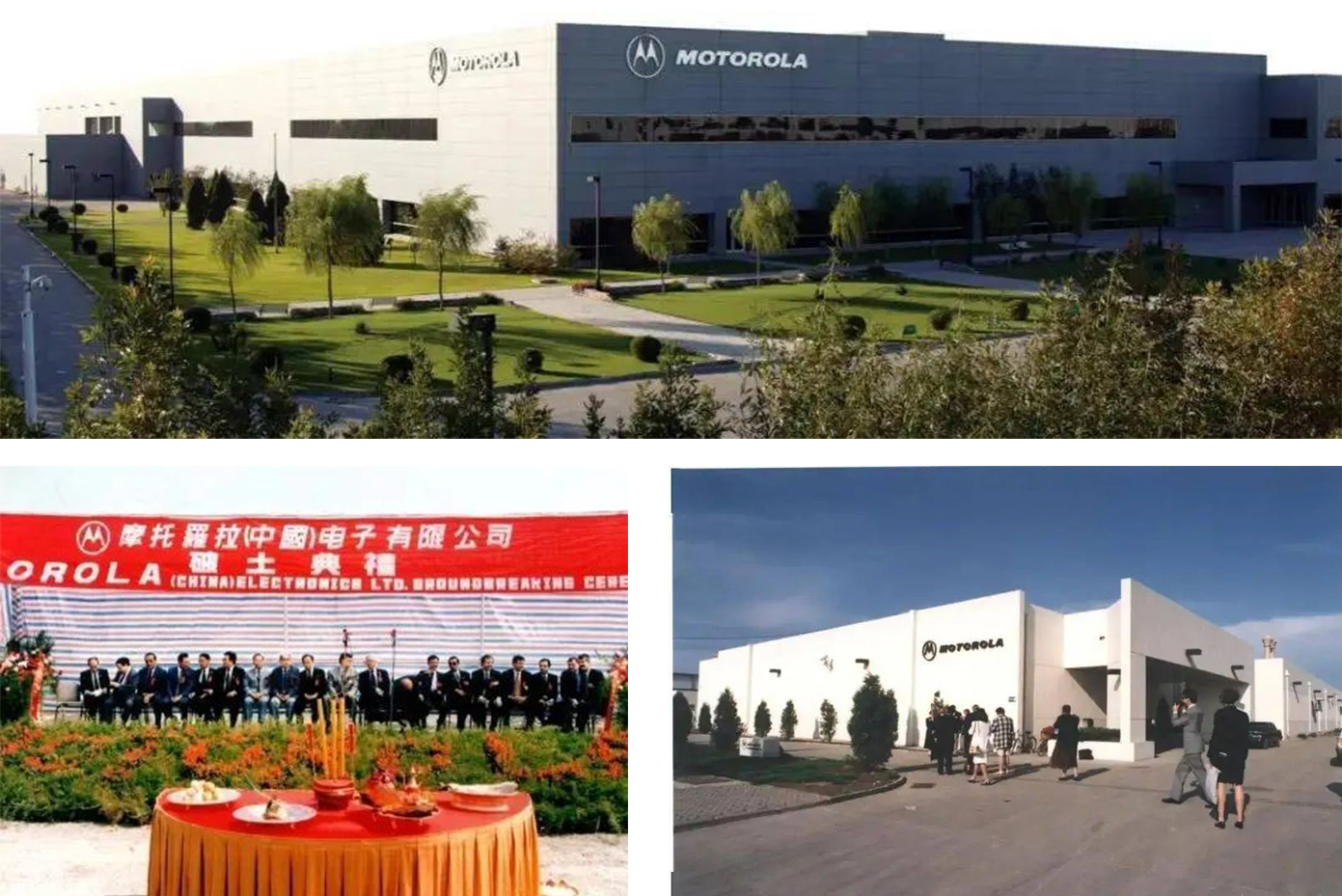
After the National Economic and Technological Development Zone Conference in 1989, TEDA established an outward-oriented economic development strategy with manufacturing as the core. This marked an important step in exploring TEDA’s path to industrial modernization and constructing an experimental zone for reform and opening up.
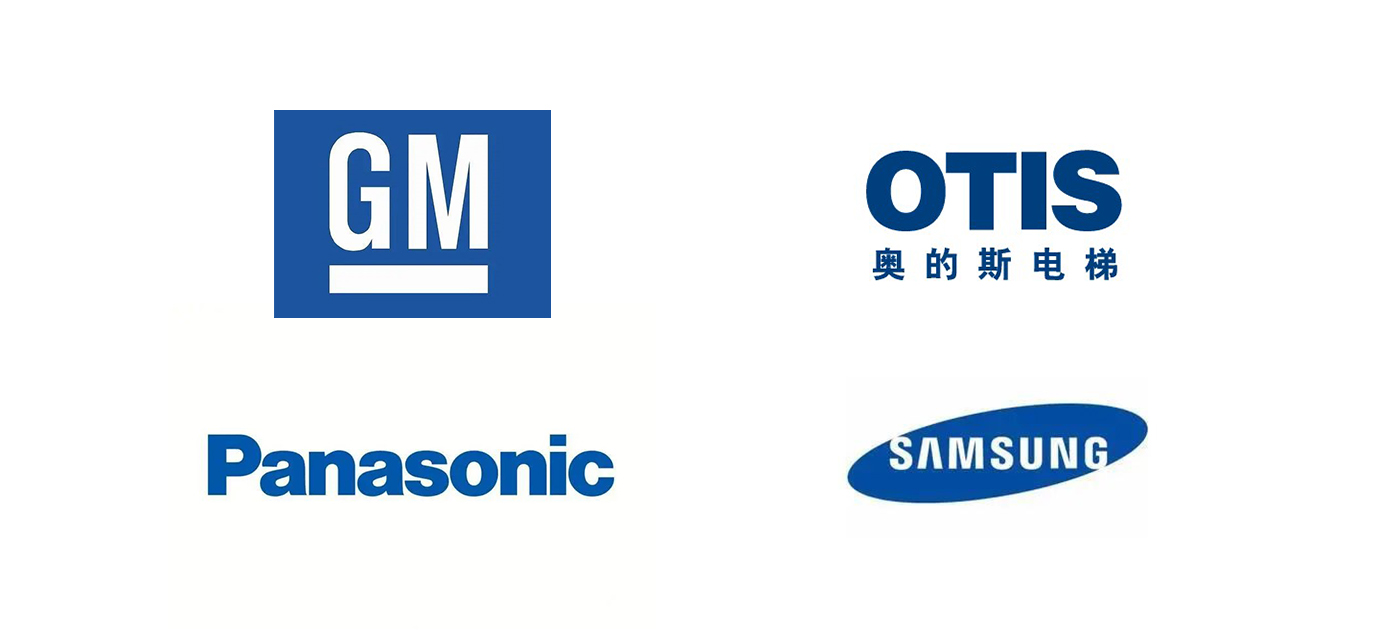
Motorola stands out as the most representative case in TEDA’s exploration of the path to industrial modernization. Initially, Motorola had concerns about investing in TEDA, which was still a saline-alkali wasteland. To reassure the company and attract investment, TEDA invited the Tianjin Geological Exploration Institute to conduct geological exploration and provided a detailed survey report. The report substantiated the favorable development prospects of the region. Simultaneously, TEDA formed a capable professional team dedicated to serving Motorola’s investment project. To obtain approval, negotiations between TEDA seniors and relevant national ministries continued until 2 a.m. After five years of negotiations, Motorola officially settled in TEDA in 1992, marking TEDA’s first high-tech project.

Subsequently, Motorola increased its investment multiple times in TEDA and, based in TEDA, became, for a time, China’s largest wholly foreign-owned enterprise. TEDA, with Motorola, became China’s largest mobile communication production base, laying a solid foundation for the development of a new generation of information technology industry clusters. Since then, TEDA’s “one-stop” and “end-to-end” investment access services, along with the philosophy that “investors are kings, and projects are lifelines,” became crucial tools in attracting foreign investment.

Motorola’s case proved that TEDA was capable of serving foreign businesses. Following Motorola, more foreign brands such as General Motors, Samsung, Panasonic, and Otis settled in TEDA. In the process of connecting with enterprises, TEDA gradually realized that the development of enterprises requires not only a favorable investment environment with “seven availables and land flattening”, “nine availables and land flattening” or “new nine availables and land flattening”, but also a complete upstream and downstream supply chain and continuously optimized supporting services. The forward-thinking of TEDA in “attracting investment through business” was born through this process.
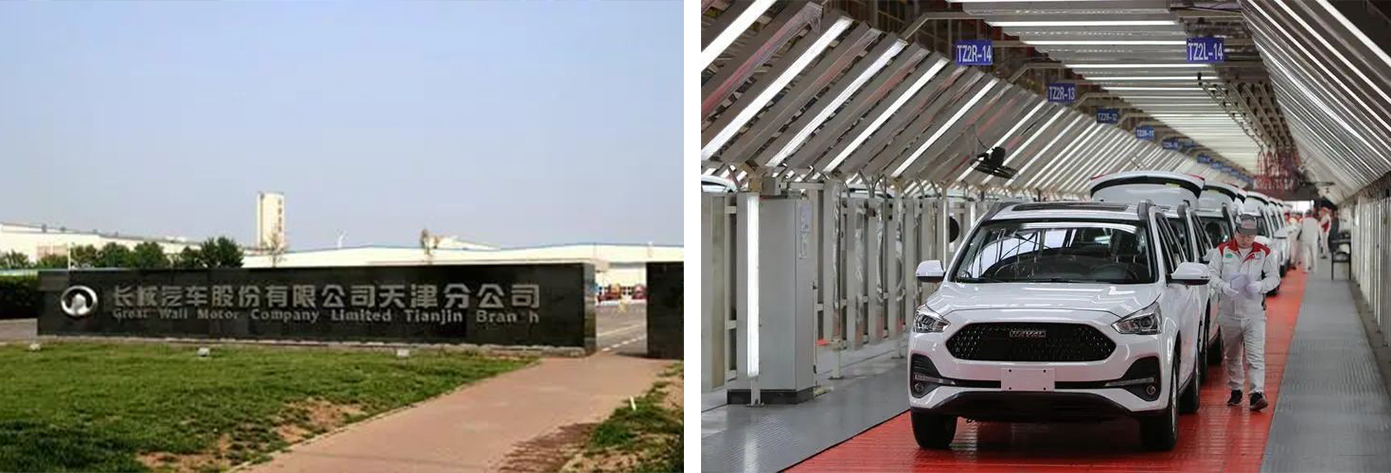

FAW Toyota was the first foreign-funded automotive enterprise to settle in TEDA, followed by Toyota Mold, Toyota Engine, TAW, Panasonic, and Fujitsu, among other Toyota-affiliated manufacturers, investing and establishing factories in TEDA. In 2009, TEDA welcomed its second automobile manufacturing plant, Great Wall Motor, and in 2019, FAW-Volkswagen North China Base began production. The automotive industry in TEDA gradually took shape in this “attracting investment through business” atmosphere.
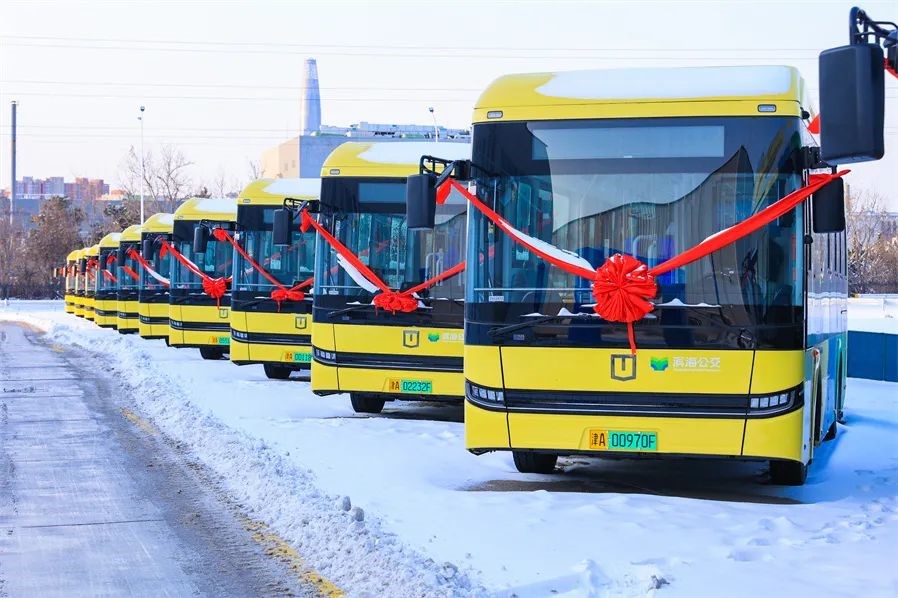
Today, TEDA’s automotive industry has reached a scale of 100-billion-yuan, gathering four OEMs, including FAW Toyota, FAW-Volkswagen, Great Wall Motor, and Geely Auto, as well as over 200 parts and service enterprises. It has formed a complete industry chain covering areas such as automotive R&D, electronic equipment, engines, transmissions, chassis and body, automobile braking and pipeline systems, and automotive finance.
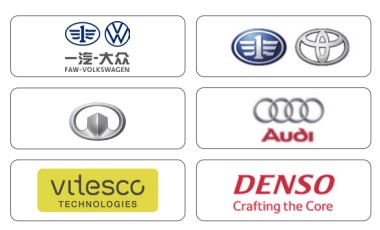
In addition to the automotive industry, TEDA’s electronic information, biopharmaceuticals, petrochemicals, and equipment manufacturing industries have all developed under this forward-thinking approach.


In the 21st century, with the accelerated pace of globalization and further advancements in computer technology, coupled with the widespread accessibility of the internet, both opportunities and challenges have emerged for the development of traditional manufacturing industries. This has posed a new developmental proposition for development zones: finding new growth points, specifically by cultivating emerging industries. Subsequently, while consolidating its manufacturing base, TEDA incorporated emerging industries into its industrial development strategy.
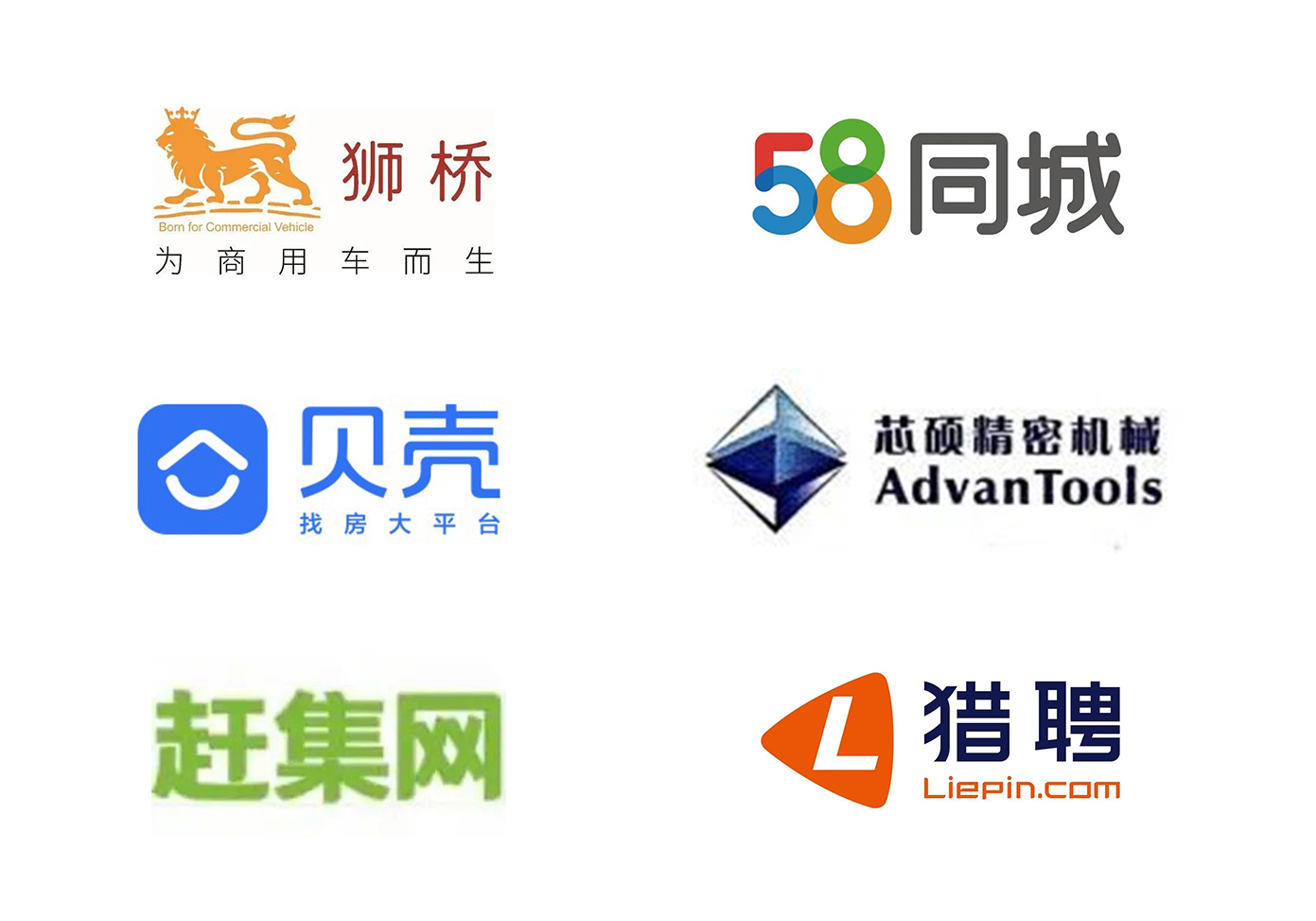
Between 2005 and 2009, TEDA, with its relatively robust industrial foundation in the automotive and electronic information sectors, welcomed even more investors. Companies such as Kumho Tire, Vestas, the Industrialization Base of China’s Next-Gen Launch Vehicles, Samsung LED, the National Supercomputer Center in Tianjin (the very first national supercomputer center), the Binhai New Area Cloud Computing Park, and the first batch of enterprises and projects that signed contracts to settle in the Park, all flocked to TEDA.
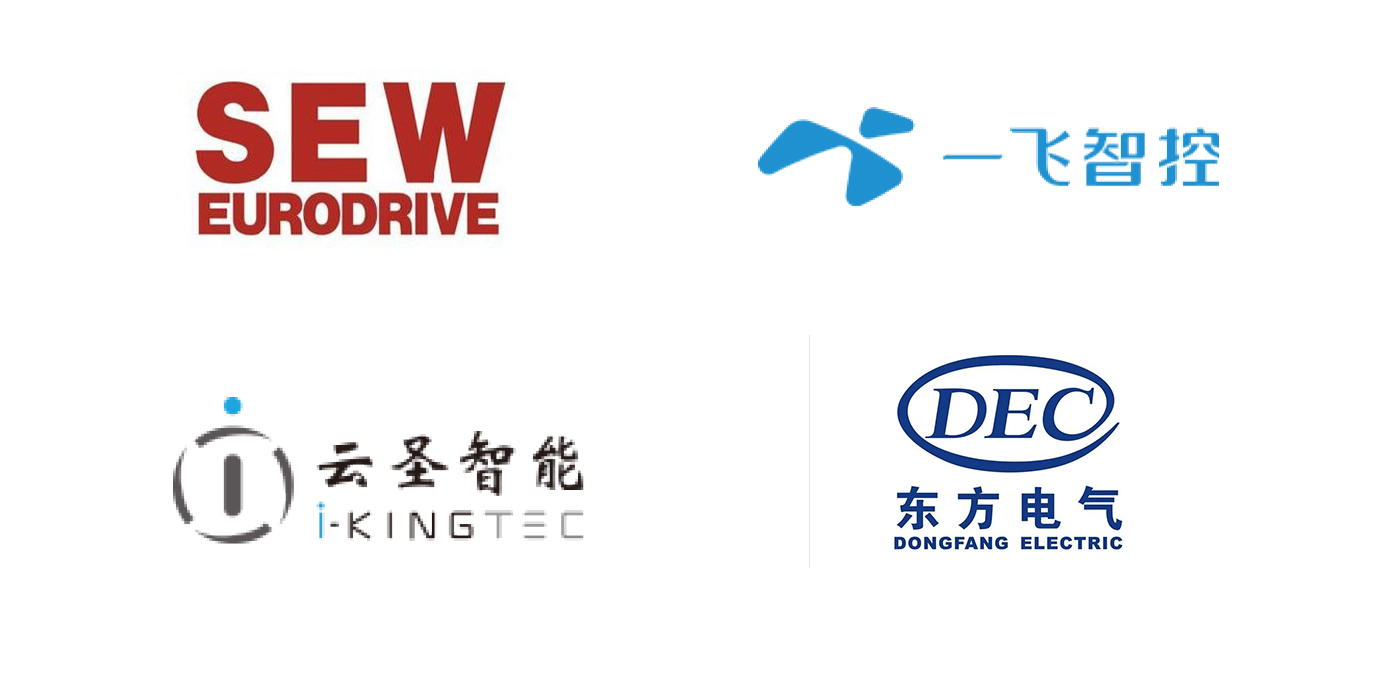
Furthermore, as a development zone consistently at the forefront of national reform experiments, TEDA initiated strategic upgrades early on. In 2011, by transforming an idle factory of a food company, TEDA attracted a heavyweight technology enterprise, Tianjin AdvanTools Co., Ltd. This company, engaged in research and development of photolithography and optical inspection technology, is the only private enterprise in China to undertake two major national projects of complete machine. In 2012, through the transformation of an idle factory of an old enterprise covering more than 30,000 square meters, TEDA attracted 58.com to settle, followed by a wave of outstanding internet enterprises such as Ganji.com, Liepin.com, Beike, Lionbridge, and others making TEDA their home.
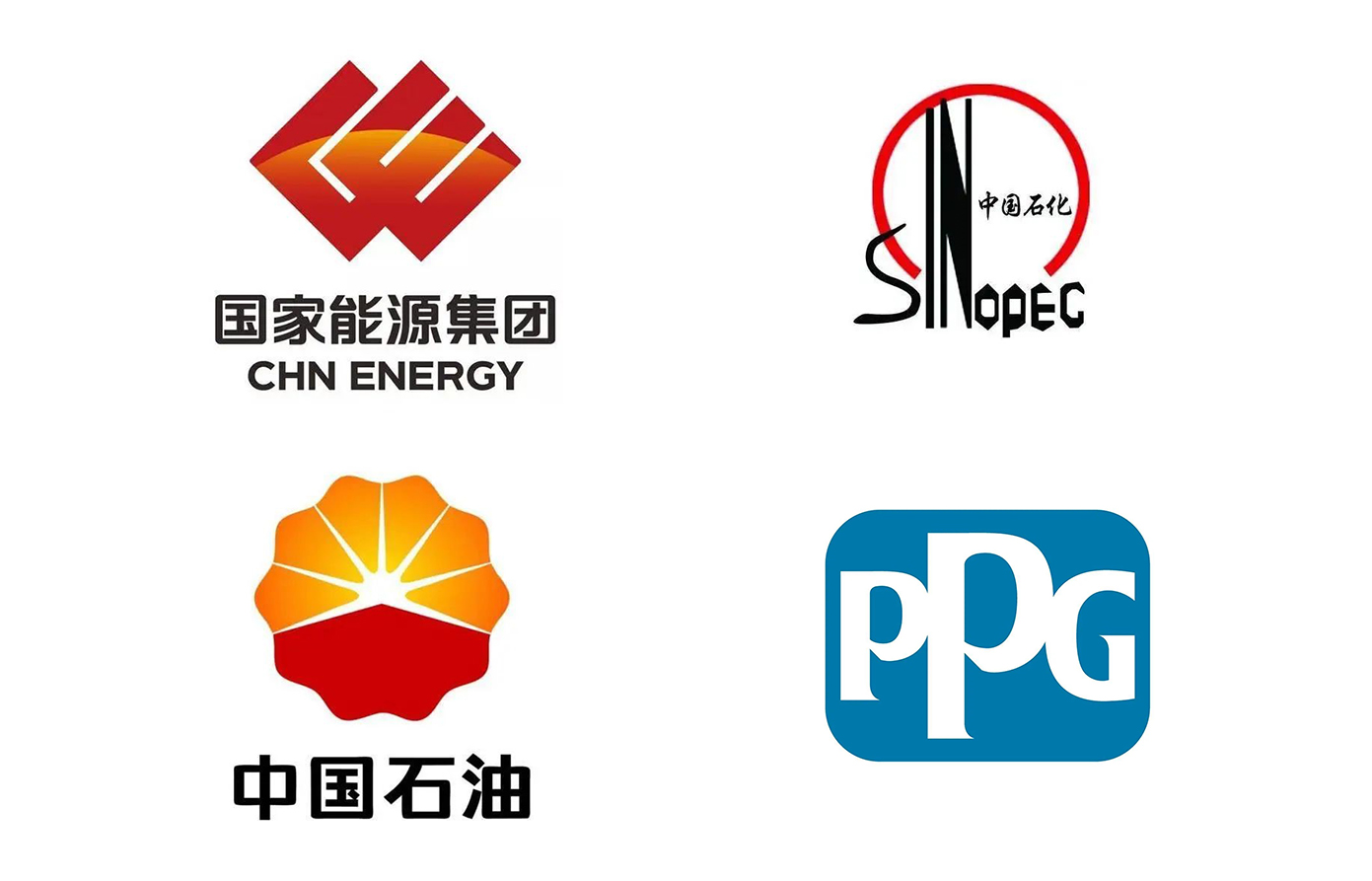
In tandem with this, TEDA’s high-end equipment manufacturing, pharmaceuticals and healthcare, and new chemical materials industries simultaneously gained momentum, attracting and nurturing enterprises and projects like SEW, Dongfang Electric, EFY Technology, CanSinoBio, Asymchem, Novo Nordisk, WuXi AppTec, Zhongxin Pharmaceuticals, Meiji, LinkDoc, PetroChina, Sinopec, CHN Energy, PPG, Home Credit, Tianhong Asset Management, Bohai Securities, China Reform Commercial Factoring, SF Express, Didi Chuxing, among others. Together, they form TEDA’s “4+1” high-end, high-tech, modern, and high-quality industrial clusters.
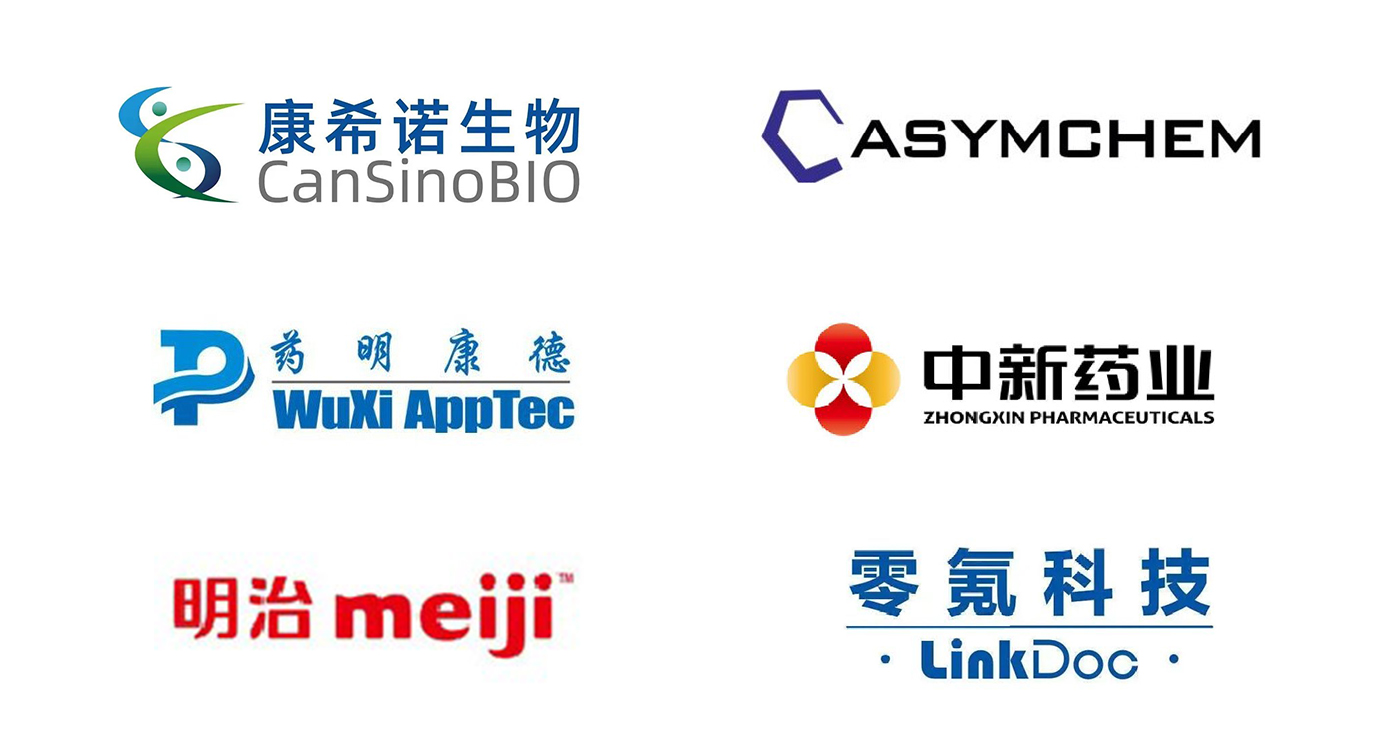
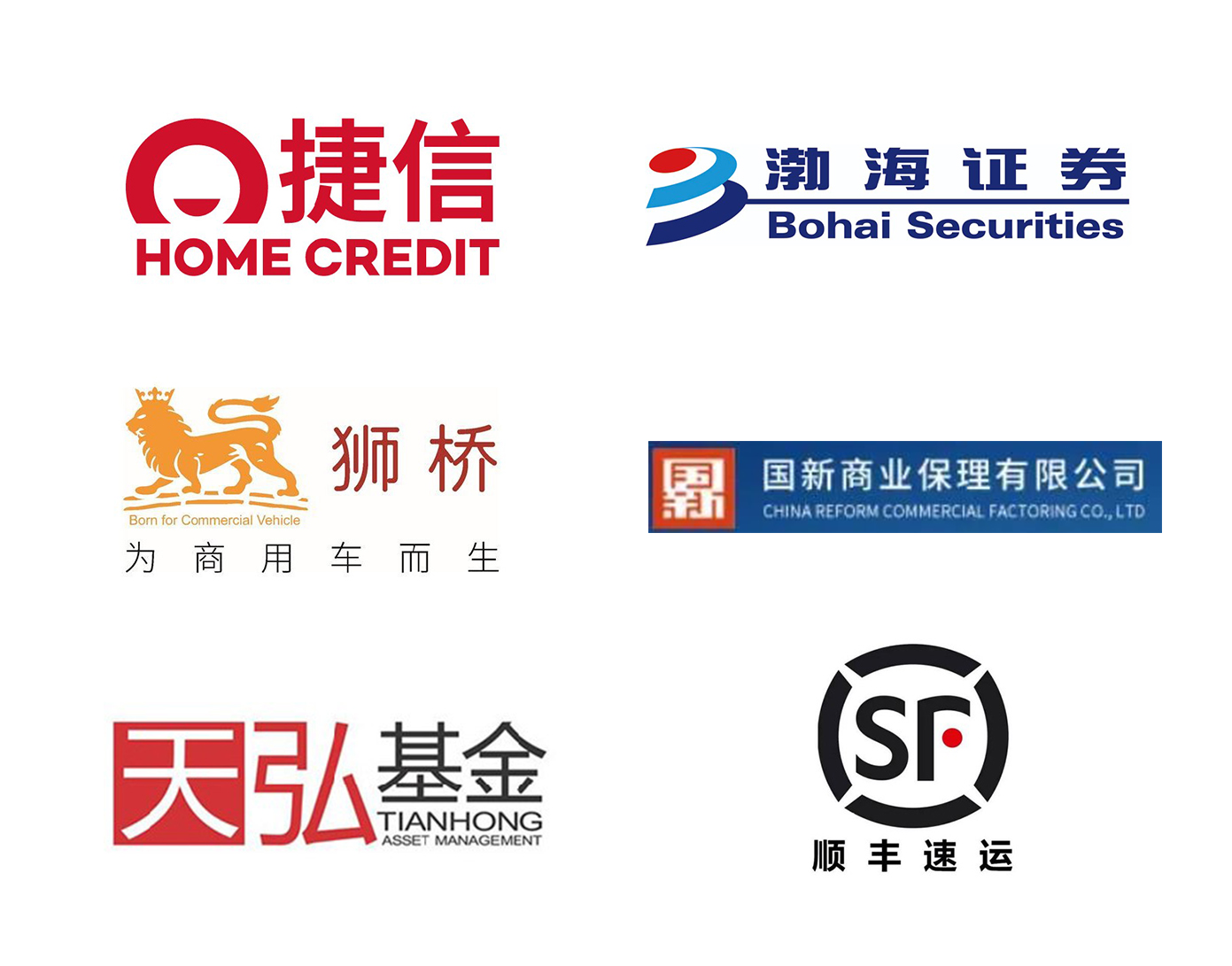

In the nearly 40 years of its existence in TEDA, reform has consistently run through the mainline of development, reminding generations of TEDA people to remember and inherit the spirit of “pioneering, pragmatism, and hardworking” They actively shoulder the mission of expanding openness, deepening reform, and promoting industrialization and modernization.
In 2019, TEDA initiated the reform of statutory bodies, transforming from fixed positions to flexible opportunities, eliminating administrative tendencies, and forging a “battle-ready army” capable of achieving victories. The initiative encouraged young talents and skilled personnel to compete for investment promotion positions. Simultaneously, a special contribution incentive mechanism was established to stimulate intrinsic motivation and innovative vitality. In 2022, TEDA announced ten gold-standard government service reform measures within the Beijing-Tianjin-Hebei region, along with relevant scenario examples. In 2023, TEDA introduced a flexible law enforcement doctrine “three lists” for the first time, comprising 108 items covering eight major sectors, to promote the benign and compliant development of enterprises.
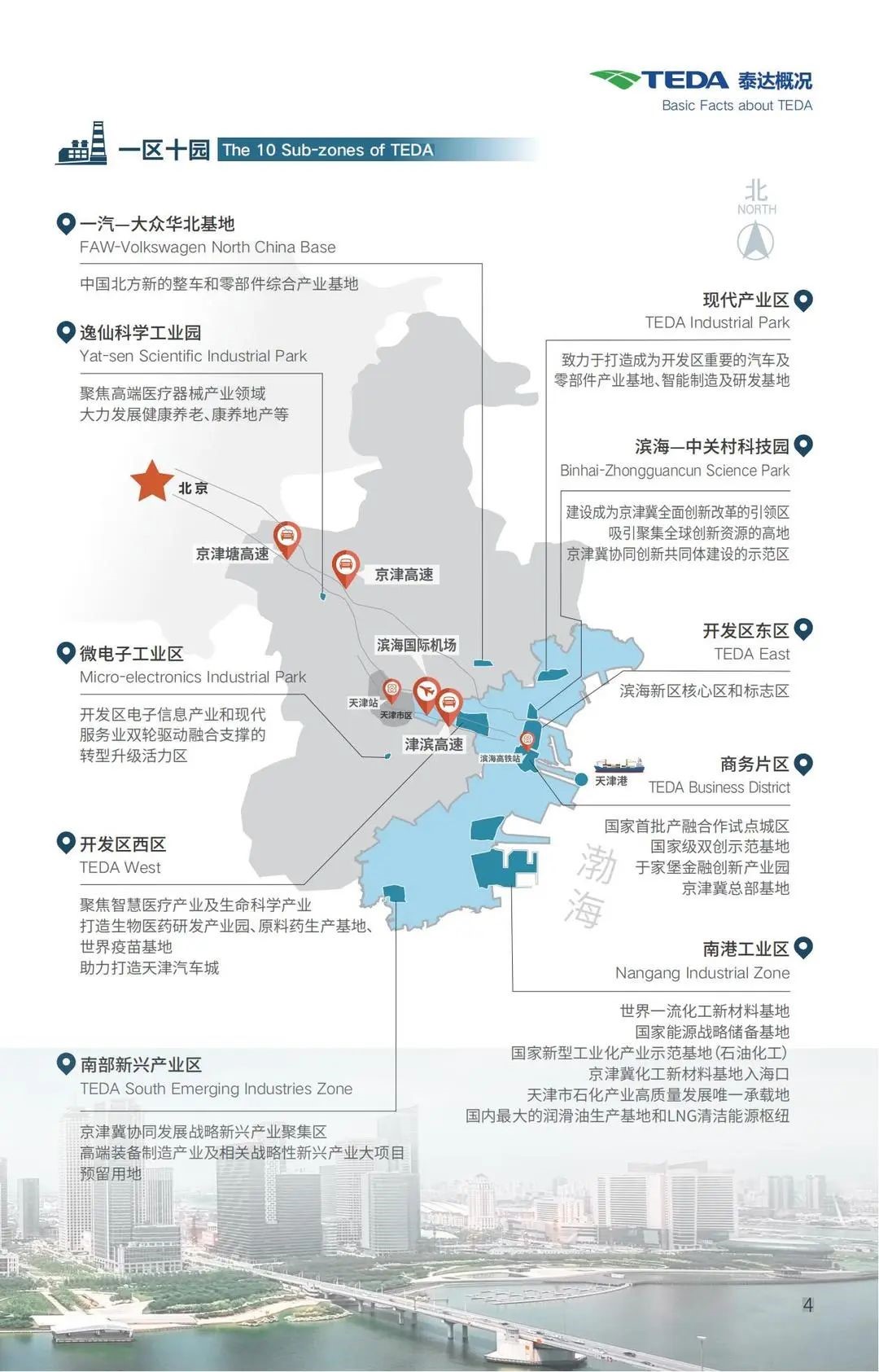
As of the first half of 2023, the regional GDP, the value added of large-scale industries, and the income and growth rate of the transportation industry in TEDA increased by 0.9%, 2.7%, and 12.8% respectively compared to the first quarter. The added value of leading industries such as automobile manufacturing, new chemical materials, and pharmaceuticals grew by 7%, 5.9%, and 13.4% respectively. The proportion of industrial strategic emerging industries and high-tech enterprises’ added value reached 41.4% and 26.3%, with an increase of 0.1% and 3.8% year-on-year.
As TEDA approaches its 40th anniversary, it is no longer the bare starting point of its entrepreneurial journey. Through significant optimization of the business environment, continuous updates to service concepts, and comprehensive implementation of “Streamlining Administration, Delegating Powers, and Improving Services” reforms, TEDA has evolved into an industrial new city that is livable, business-friendly, and appealing for tourism. It has established an industrial development pattern known as the “One Park, Ten Sub-zones,” featuring three 100-billion-yuan scale industrial clusters, one 50-billion-yuan scale industrial cluster, nearly 900 100-million-yuan-scale enterprises, nearly 200 billion-yuan-scale enterprises, and over 20 enterprises at the ten-billion-yuan scale. Many Fortune 500 companies are among them as well. TEDA also boasts the highest number of intelligent factories and regional headquarters of municipal-level multinational companies in Tianjin.
At 40, the starting point of a new stage, may TEDA always maintain the momentum of evolving, entering its mature years with a youthful spirit. Let TEDA, along with old and new investors, share a more prosperous and promising path ahead.
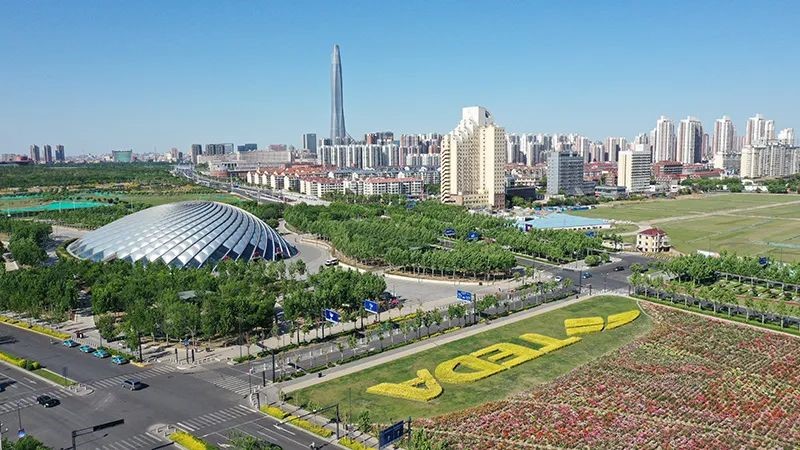













 津公网安备 12019002000128号
津公网安备 12019002000128号

